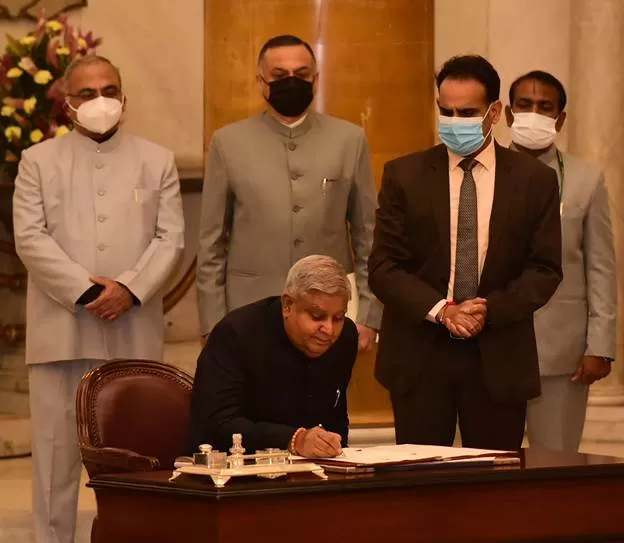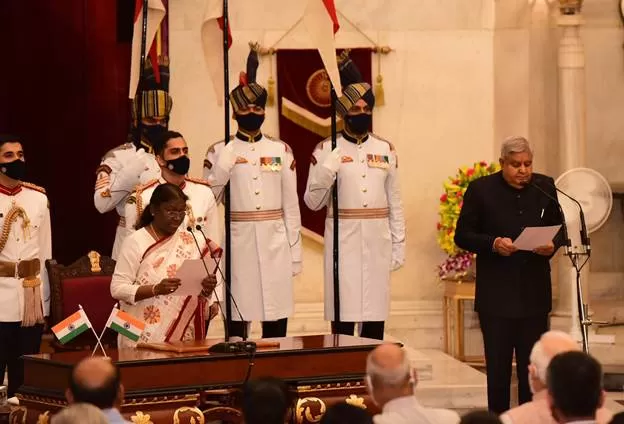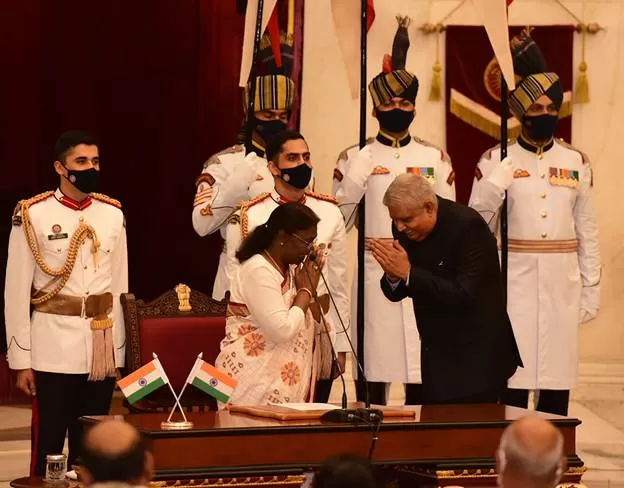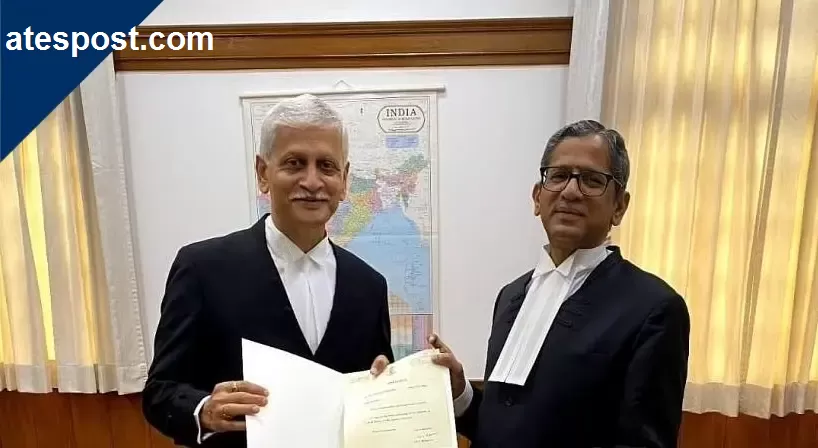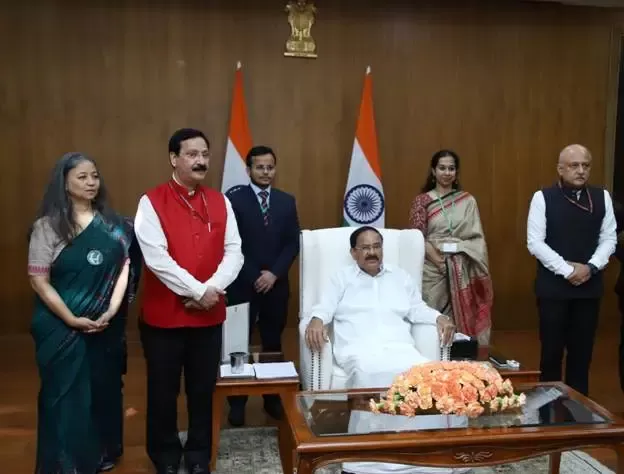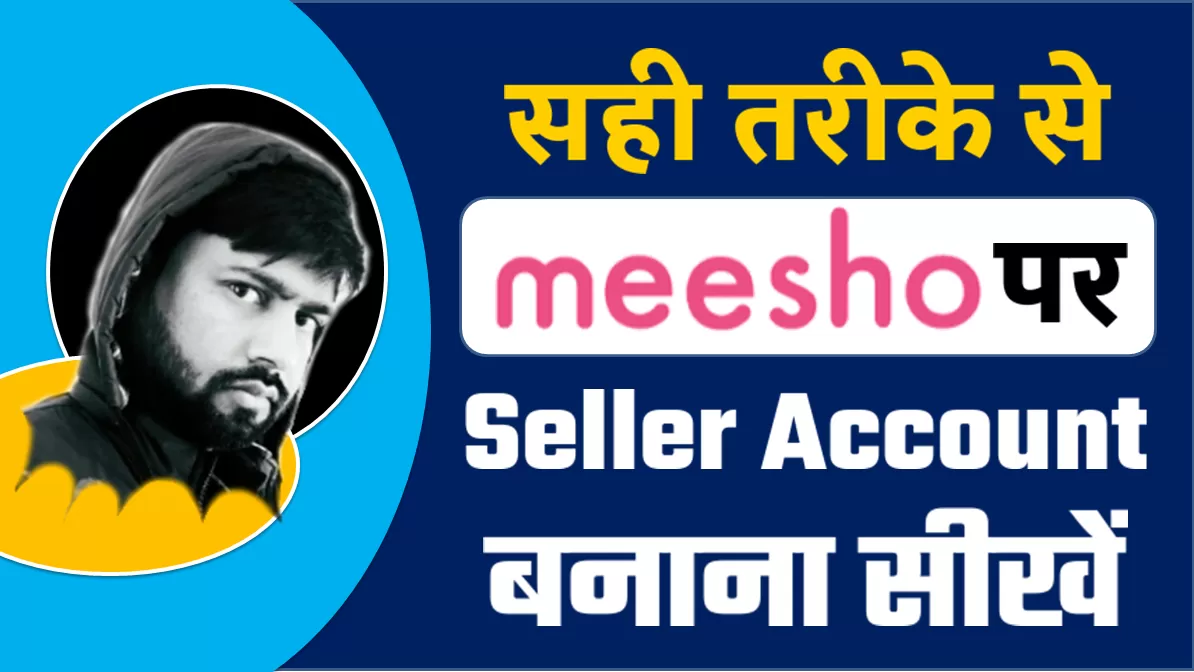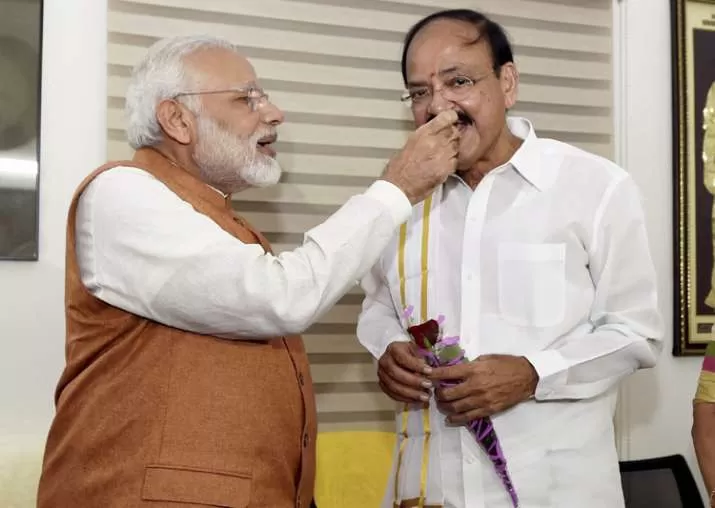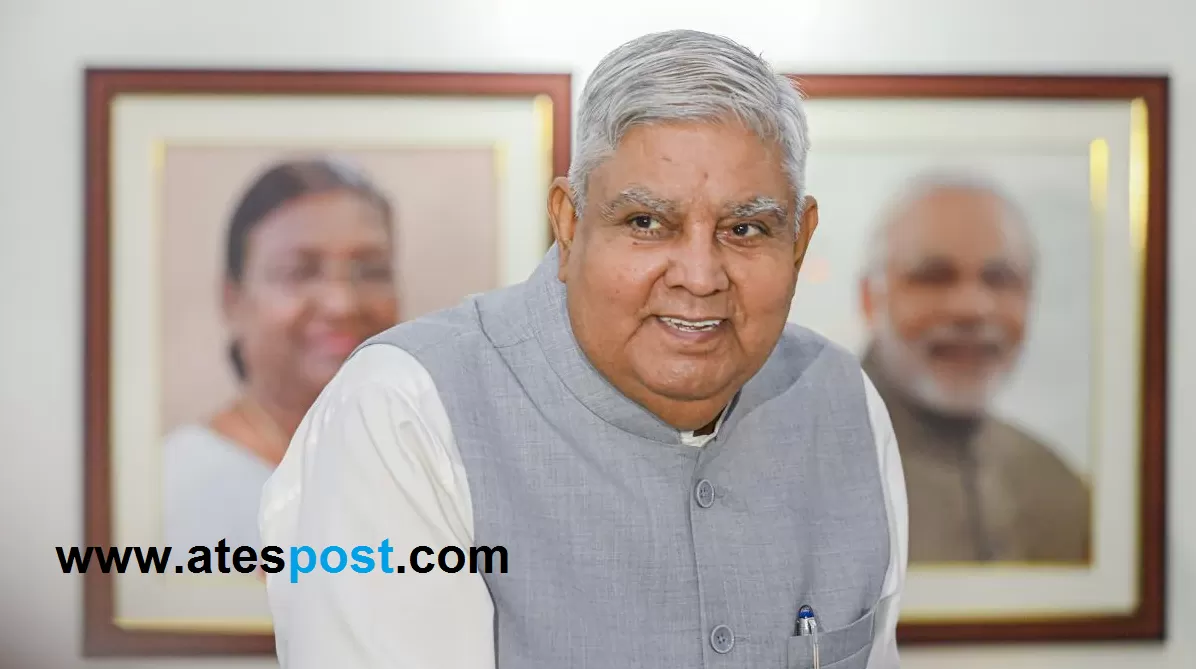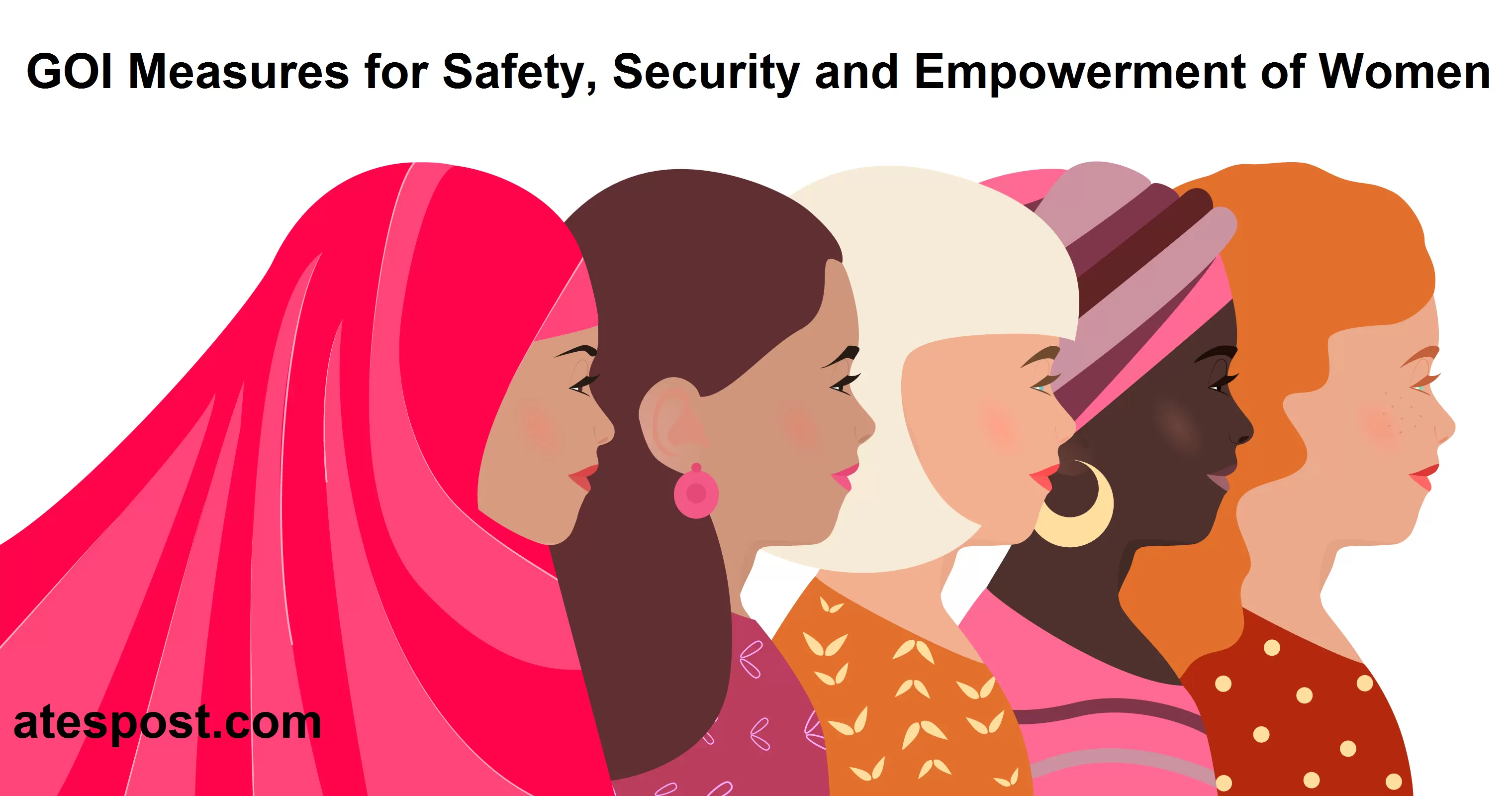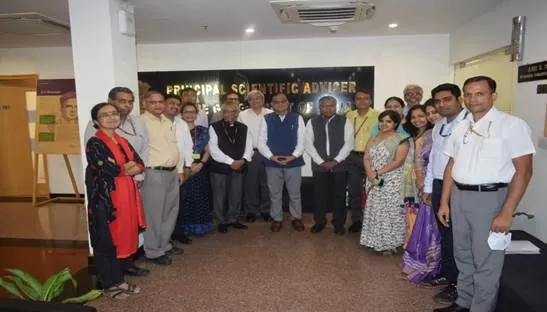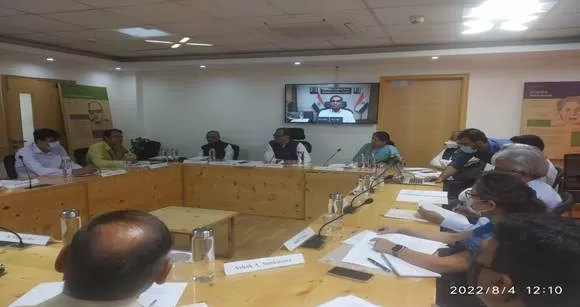The Government accords highest priority to improving sex ratio in the country and ensuring healthy life for women. Some major initiatives taken by the Government in this regard are as follows:
Beti Bachao Beti Padhao (BBBP) ensures protection, survival and education of girl child.
Mission Saksham Anganwadi and Poshan 2.0 aims to address the challenges of malnutrition in children, adolescent girls, pregnant women and lactating mothers through a strategic shift in nutrition content and delivery and by creation of a convergent eco-system to develop and promote practices that nurture health, wellness and immunity.
Pradhan Mantri Matru Vandana Yojna (PMMVY) provides partial compensation for the wage loss and seeks to improve health seeking behaviour among the pregnant women and lactating mothers. The revamped PMMVY under Mission Shakti also aims to promote positive behavioural change towards girl child by providing additional cash incentives for the second child, if that is a girl child.
Rollout of Comprehensive Primary Health Care including health promotion through Ayushman Bharat-Health & Wellness Centers (AB-HWC).
Janani Shishu Suraksha Karyakram (JSSK) to eliminate out-of-pocket expenses for pregnant women delivering in public health institutions and sick infants accessing public health institutions for treatment.
Janani Suraksha Yojana (JSY) to provide financial assistance to pregnant women for encouraging institutional delivery.
Pradhan Mantri Ujjwala Yojana empowers women and protects their health by providing LPG cylinder free of cost.
As a result of the above measures, the sex ratio at birth has improved from 918 (2014-15) to 937 (2020-21) and the life expectancy at birth has improved from 69.4 years (2014-18) to 69.7 years (2015-19).
The Government has taken several initiatives to enhance women’s participation in labour force. The labour laws have specific provisions relating to women workers besides all other rights under labour laws which, inter alia, include:
Read Also: NAC discussed the way forward for NISTIS
The Equal Remuneration Act, 1976 provides that there shall be no discrimination in an establishment or any unit thereof among employees on the ground of gender in matters relating to wages by the same employer, in respect of the same work or work of similar nature done by any employee.
The Maternity Benefit Act, as amended in 2017, provides paid maternity leave from 12 weeks to 26 weeks for two surviving children. It also has enabled provision of “Work from home”, after availing of the maternity benefit by the woman, where the nature of work being assigned of such nature, for such period and on such conditions mutually agreed upon by the employer and the woman employee.
Vide notification dated 29th January 2019 under Mines Act 1952, the Government allowed the employment of women in the aboveground mines including opencast workings between 7 pm and 6 am and in below ground mines working between 6 am and 7 pm in technical, supervisory and managerial work where continuous presence may not be required.
The Government has also enacted the four Labour Codes, namely the Code on Wages, 2019; the Industrial Relations Code, 2020; the Code on Social Security, 2020, and the Occupational Safety, Health and Working Conditions Code, 2020, which inter alia promote participation of women in workforce in a dignified manner through a number of provisions, some of which are as follows:
No discrimination on the ground of gender in matters relating to wages, recruitment and in the conditions of employment,
Women are entitled to be employed in all establishments for all types of work even before 6 AM and beyond 7 PM subject to their consent and other adequate safety measures.
Read Also: Ministry of Culture releases the third Comic book on stories of 20 Tribal Freedom Fighters
Some of the major initiatives taken by the Government for improving economic empowerment of women are as follows:
Sakhi Sadan (Working Women’s Hostel) scheme provides safe and affordable housing for working women and thereby encourages more women to seek employment.
Palna, the National Crèche Scheme, ensures that women take up gainful employment through providing a safe, secure and stimulating environment to the children.
Hubs for Empowerment of Women (HEW) at National, State and District level have been approved under the new ‘Mission Shakti’. The support under HEW is available for guiding, linking and hand holding women to various institutional and schematic set-up for their empowerment and development including equal access to healthcare, quality education, career and vocational counselling/training, financial inclusion, entrepreneurship, backward and forward linkages, health and safety for workers, social security and digital literacy at various levels across the country.
Pradhan Mantri Mudra Yojana (PMMY) has been initiated by Government, inter alia, for facilitation self-employment. Under PMMVY, collateral free loans upto Rs. 10 lakh are extended to micro/small business enterprises and to individuals to enable them to setup or expand their business activities. Majority of the beneficiaries under this yojana are women.
Stand Up India scheme promotes entrepreneurship amongst women, SC and ST categories, i.e., those sections of the population understood to be facing significant hurdles due to lack of advice/ mentorship as well as inadequate and delayed credit.
Pradhan Mantri Kaushal Vikas Yojana aims to enable a large number of Indian youths including women to take up industry-relevant skill training in securing a better livelihood.
Deen Dayal Antyodaya National Urban Livelihoods Mission focuses on creating opportunities for women in skill development, leading to market-based employment.
Pradhan Mantri Awaas Yojana aims to provide housing under the name of woman also.
Sukanya Samriddhi Yojna – Girls have been economically empowered by opening their bank accounts under this scheme.
Skill Upgradation & Mahila Coir Yojna is an exclusive training programme of MSME aimed at skill development of women artisans engaged in coir Industry.
Prime Minister’s Employment Generation Programme is a major credit-linked subsidy programme aimed at generating self-employment opportunities through establishment of micro-enterprises in the non-farm sector.

